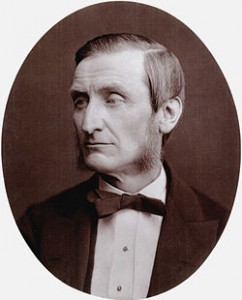Charles Darwin, the son of a wealthy doctor/financier, originally studied medicine before developing a fascination with natural history. While traveling aboard the HMS Beagle as a “self-financed naturalist”, he collected flora and fauna from many different parts of the world, one of which, the Galapagos Islands specifically influenced his work On the Origin of Species. The island had species that, although geographically isolated, shared similar traits with species from nearby South America. His idea was that although they shared similar ancestors, each of these species had developed traits beneficial to their survival in their own respective environments.The slow and methodical transformations resulted in drastic changes over millenniums (which humans cannot see) and the creation of two distinct species. This work was published as a result of his research and other scholarly works on the subject of evolution; however, it took him 25 years to publish his work as a result of the trip. His tone in the piece reflects a philosophical upbringing designed to persuade readers to support his idea of ‘natural selection’ as a natural phenomena.
Future thinkers would corrupt Darwin’s idea that pre-determined traits create advantageous or disadvantageous realities for creatures; while influential in biology and the sciences, thinkers like Francis Galton would corrupt it and propose human manipulation of these concepts in order to create a “perfect” individual. While one cannot state that Darwin’s ideas caused many eugenics programs around the world, they did add scientific reason behind individuals’ desires to attempt to shape their realities through science. Social Darwinism was built upon this idea of “survival of the fittest” (a phrase which does not appear in On the Origin of Species) to apply nature to explain human enterprises, specifically the success or failures of groups and organizations.

